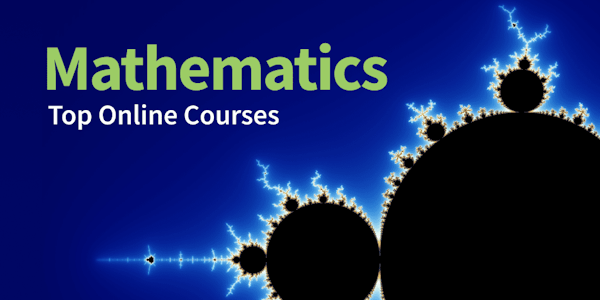Mathematical Modelling and Simulation of Chemical Engineering Process
Indian Institute of Technology, Kharagpur and NPTEL via Swayam
-
93
-
- Write review
Overview
ABOUT THE COURSE: The course is designed to enlighten you with different mathematical modelling approaches and strategies of chemical engineering process and design, both stochastic and deterministic. The course contents involved advanced theoretical framework of different types of transfer process related to heat, mass and fluid flow. The simulation techniques of these process are also covered. We also include dispersed phase modelling and modelling of molecular processes.INTENDED AUDIENCE: Undergraduate, post graduate and research students. Working professionals particularly in chemical and process industries. PG course instructorsPREREQUISITES: Essential: Engineering mathematics (at UG level, Numerical methods (UG level). Desirable: Basics of fluid mechanics, heat and mass transfer.INDUSTRY SUPPORT: Petroleum refining, Petrochemicals, Polymers, Paint, Adhesives, Batteries, energy consultancy, Process design, etc.
Syllabus
Week 1: Introduction. Classification of different process types and modelling approaches. Constitutive relations in Fluid flow, Heat and mass transfer.
Week 2:Introduction to special functions: Bessel and Legendre polynomial. Mathematical background in solving PDEs. Separation of variables, Laplace and Fourier transform.
Week 3:Numerical techniques in solving PDE – Method of lines, implicit and explicit methods. Numerical stability schemes.
Week 4:Perturbation methods, asymptotic analysis. Stability of dynamical systems.
Week 5:Modelling of Mass transfer based transport problems.
Week 6:Mass transfer with reaction problems. Modelling enzymatic and cellular reaction process.
Week 7:Modelling and simulation of multistage continuous distillation process.
Week 8:Multi-stage distillation process design – continued. Pinch analysis. Heat exchanger network design.
Week 9:Dispersed phase modelling using population balance methods.
Week 10:Dispersed phase modelling – continued. Solution of population balance equations.
Week 11:Basics of Kinetic Monte Carlo simulation. Introduction to Molecular Dynamics simulations.
Week 12:Response surface methodology. Artificial Neural Network Design.
Taught by
Prof. Sourav Mondal



